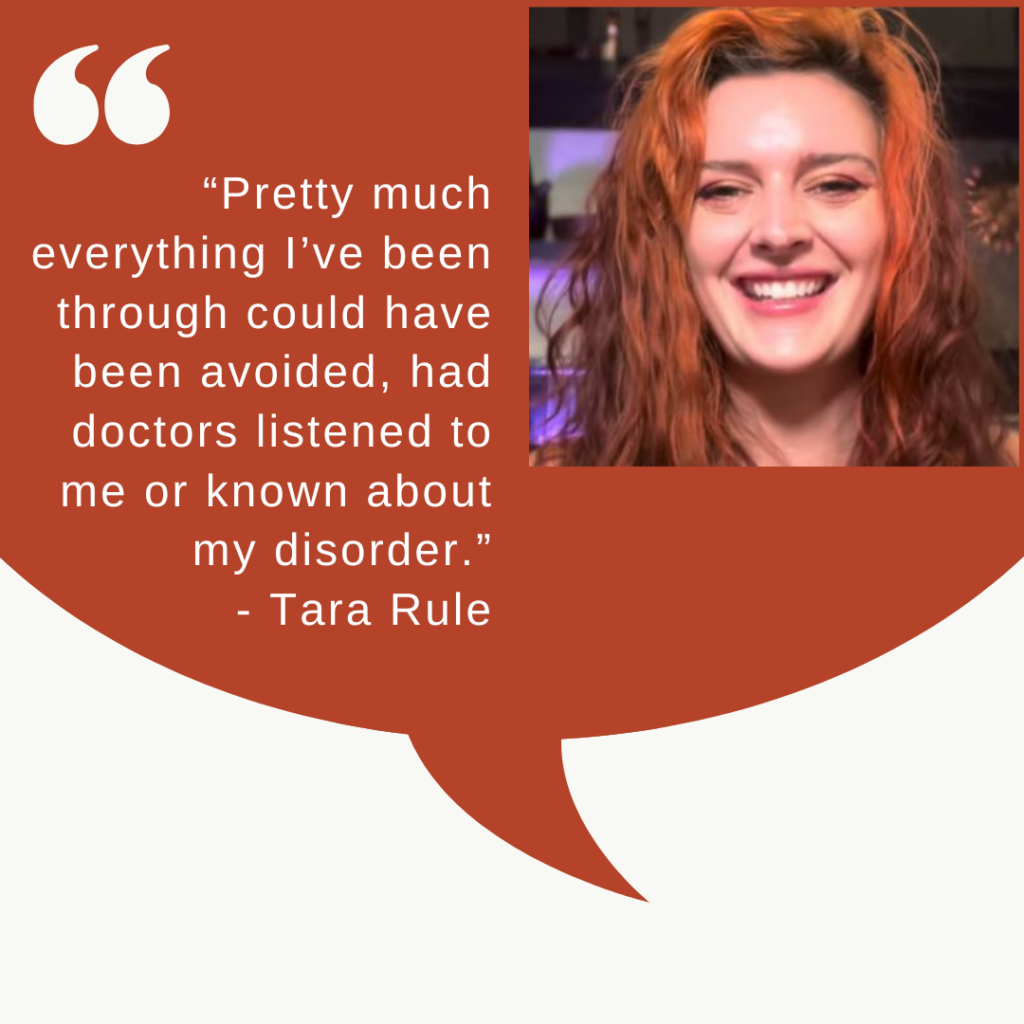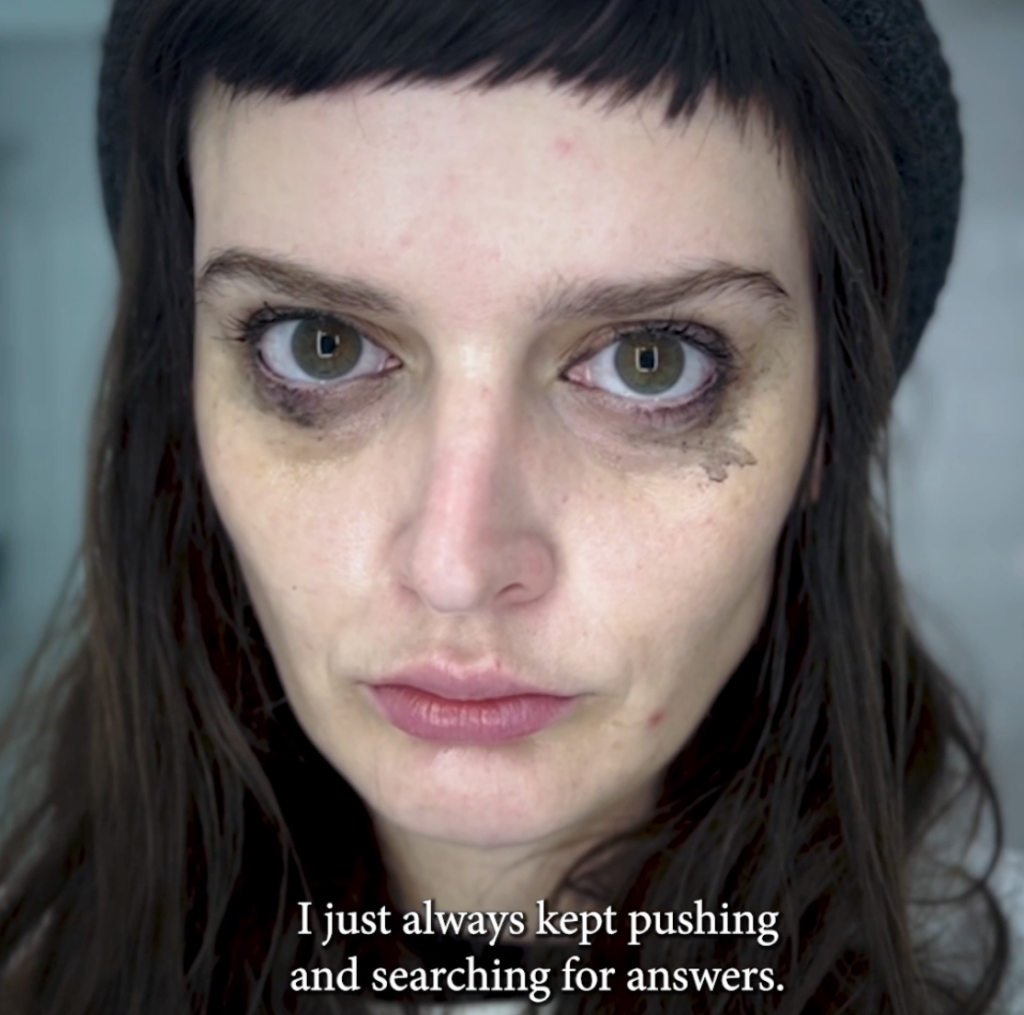 Daniel DeFabio, Director of Community Engagement for Global Genes, spoke to Tara Rule about what rules should and should not be broken in filmmaking. Rule is a filmmaker who was diagnosed with Ehlers-Danlos syndrome after over a decade of being undiagnosed and misdiagnosed.
Daniel DeFabio, Director of Community Engagement for Global Genes, spoke to Tara Rule about what rules should and should not be broken in filmmaking. Rule is a filmmaker who was diagnosed with Ehlers-Danlos syndrome after over a decade of being undiagnosed and misdiagnosed.
To the extent that there are rules in filmmaking many agree you should know them but then feel free to break them. Just be sure you know why you are breaking them, and have a plan behind it. I often give new documentary makers a rule to make sure their film is more than just one person talking to the camera, a monologue can be, well…monotonous. But an accomplished filmmaker like Tara Rule breaks this rule brilliantly.
Her film is anything but boring despite relying on only one person talking directly to the camera.
Why this works:
 By using interviews of herself from 3 or more different time periods where her disease had left her looking sometimes more or less healthy, and combining this with sound design to suggest the difficulties she faced, we get a greater variety of visuals and sounds than you would expect from one interviewee.
By using interviews of herself from 3 or more different time periods where her disease had left her looking sometimes more or less healthy, and combining this with sound design to suggest the difficulties she faced, we get a greater variety of visuals and sounds than you would expect from one interviewee.
In other words while Tara breaks the rule of “don’t show only one interviewee”, she does not break the rule “don’t let all of your film look like one person talking”.
And as rare mom, advocate and podcaster Effie Parks explains in this video clip, Tara’s film gives us clear insights to her passions, personality and artistic pursuits. We get impressions of her life outside of, alongside of and as impacted by her diagnosis.
 Daniel DeFabio is a rare dad, filmmaker and advocate as Director of Community Engagement for Global Genes, and co-founder of DISORDER: The Rare Disease Film Festival and The Disorder Channel.
Daniel DeFabio is a rare dad, filmmaker and advocate as Director of Community Engagement for Global Genes, and co-founder of DISORDER: The Rare Disease Film Festival and The Disorder Channel.

Stay Connected
Sign up for updates straight to your inbox.
